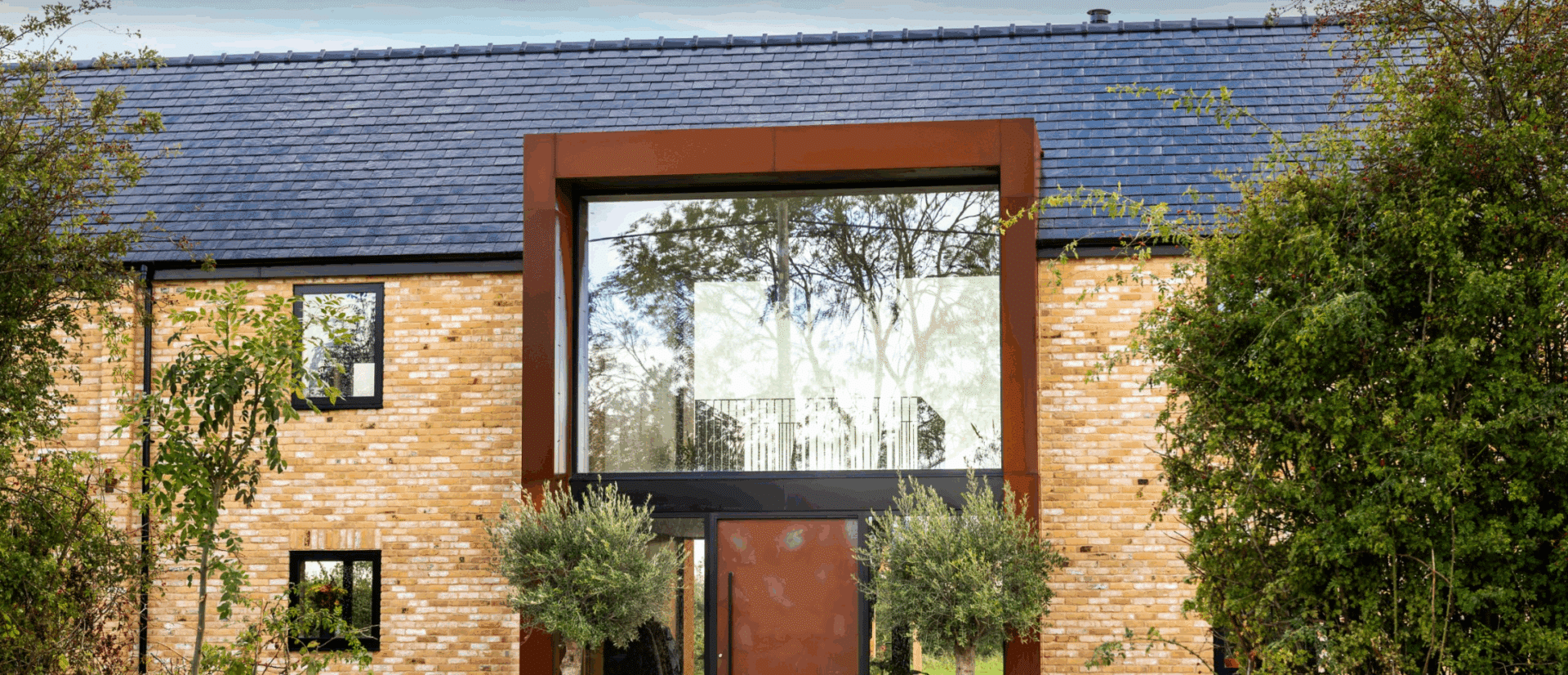Taking on a house building project is no small feat – here are our top tips to manage the day to day so you don’t burn our or get stressed out.
In this article we cover:
- Why stress is prevalent in the construction industry
- Things to do to limit stress
- How to deal with stressful situations
Q: I’ve never done anything like this before and my self-build is seriously stressing me out. Is there anything I can do about it?
Andrew says: Prioritising your wellbeing is important and there are some simple life hacks you can try.
Doing something for the first time as complex and time and money consuming as a self-build can, indeed, be very stressful. Your inexperience will make you doubt yourself and there always seems so much to learn. I’m not surprised you’re stressed.
Even experienced managers in their normal working life find running a building site very hard. Most tell me they have never known an industry where so many things go wrong…and at the worst possible times.
Indeed, there is more inefficiency in the construction world than in many other industries. And all this takes place in a temporary ‘factory’ where many of the workers don’t know each other and where the management (the self-builder, the architect, quantity surveyor, project manager, and so on) change from build to build.

Things you may find helpful in coping with stress include:
- Eating healthily and regularly avoiding long periods without food or drink.
- Drinking more water and fewer caffeine containing liquids such as tea, coffee, and colas.
- Avoiding alcohol. It will only make matters worse.
- Ensuring you get enough sleep.
- Making time outside the build to do some nice things that have nothing to do with it.
- Taking the odd ‘builder’s holiday’ from the project so you don’t get bogged down.
- Learning to say ‘No’.
- Feeling free to turn to others with more experience who can offer support.
- Managing your expectations so they remain realistic.
- Tolerating situations you can’t change.
- Nurturing your friendships.
- Avoiding jumping to conclusions or making assumptions, and work on your decision making skills.
- Rewarding yourself when you’ve done something well, as opposed to beating up on yourself when you make mistakes.
- Delegating whenever possible. You’re not indispensable.
- Seeking professional medical help sooner rather than later.

When you start feeling really stressed, try one of these simple techniques:
Take time out: If a nasty task or individual is getting you down, go to a supplier or do something else useful for a change of scene.
Do some deep breathing: Sitting or lying down, and with your eyes shut, take a very deep breath in and out. Put your hand on your tummy and feel it rise and fall as you repeat the deep breathing. Let your shoulders drop and try to relax. Repeat this cycle 10 times, then breathe normally for a few minutes.
Progressive muscle relaxation: Sit in the car or in your site office, close your eyes and do the breathing as above. Now firmly clench your foot muscles for three or four seconds, holding your breath as you do so. Then relax your feet and breathe out. Repeat this next for your calf muscles and so on up your whole body, contracting and relaxing your muscle groups in turn. To end, sit quietly and breathe normally for a few minutes.












